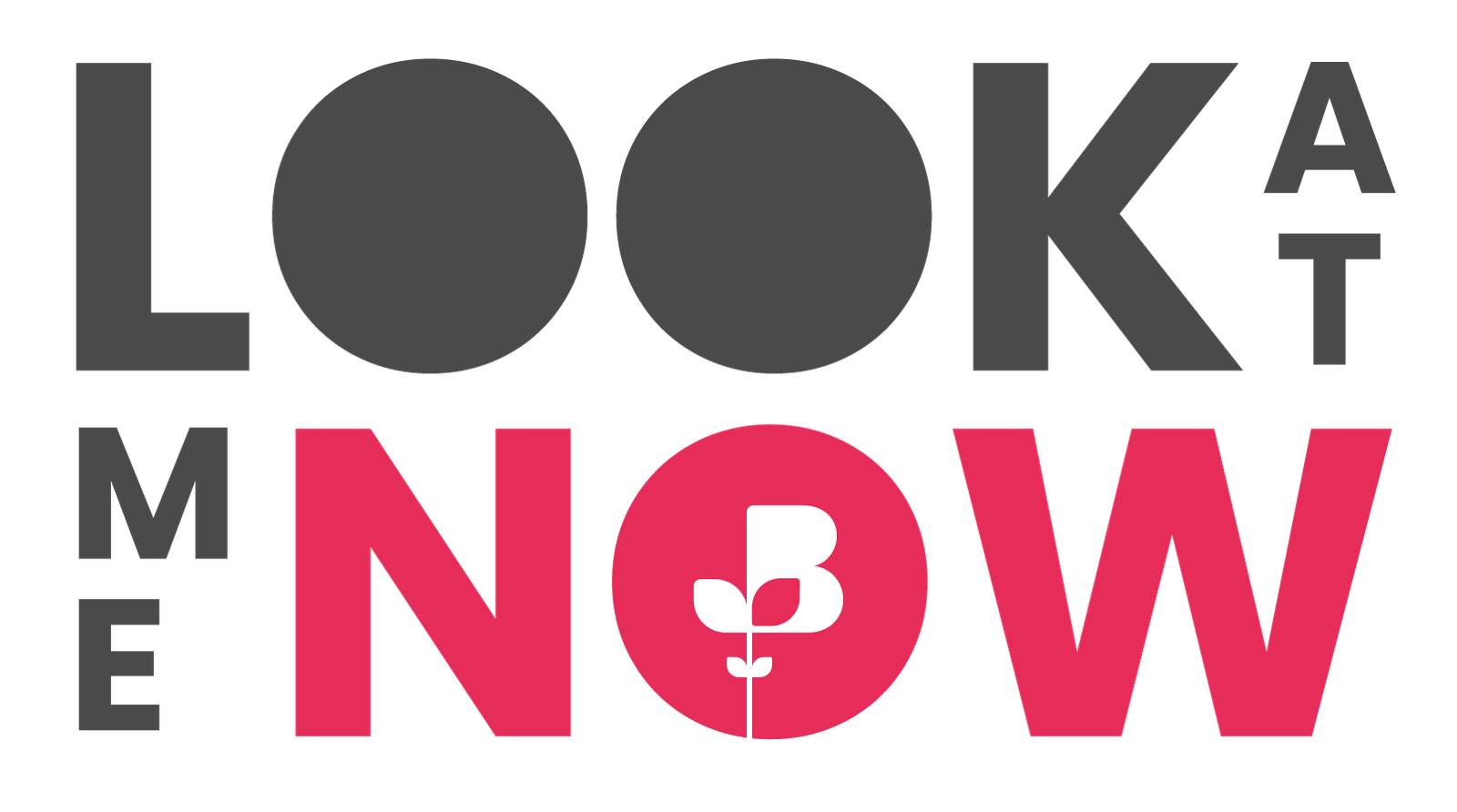Skills are a core aspect of business growth, often high on the organisational agenda. Skills can be divided into hard and soft skills. Hard skills are those learned through education, training and experience and are specific competencies required to complete tasks such as project management, plumbing, data analysis or financial planning. Hard skills generally have specific outcomes which are measurable. Soft skills are more challenging to both define and measure but can generally be classified as interpersonal skills and qualities. Employers consistently rate soft skills of high importance to their business. Soft skills include effective collaboration through teamwork, reliability and time management, communication and problem solving.
Employers often find it challenging to develop a learning and development programme in-line with organisational skills needs. It is important to find the balance between business requirements and employee development through an effective strategy, to build high-performing teams in a learning environment.
- 83% of employees view learning and development as a vital factor behind their choice of employer[1]
- 72% of business leaders find that tailored learning and development in-line with organisational strategic objectives leads to business growth[2]
For support with identifying organisational core priorities in learning and development, contact Staffordshire Chambers of Commerce for a Free Skills Review: skillshub@staffordshirechambers.co.uk
[1] People Management, December 2022
[2] Business Money, April 2021










